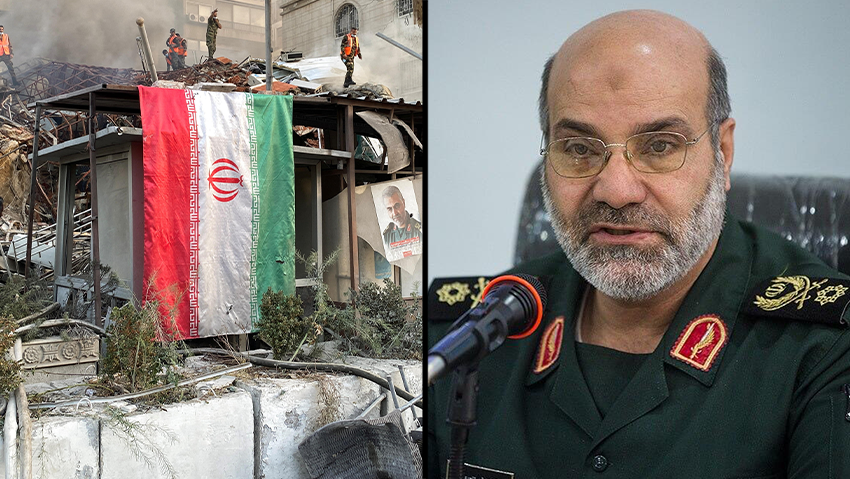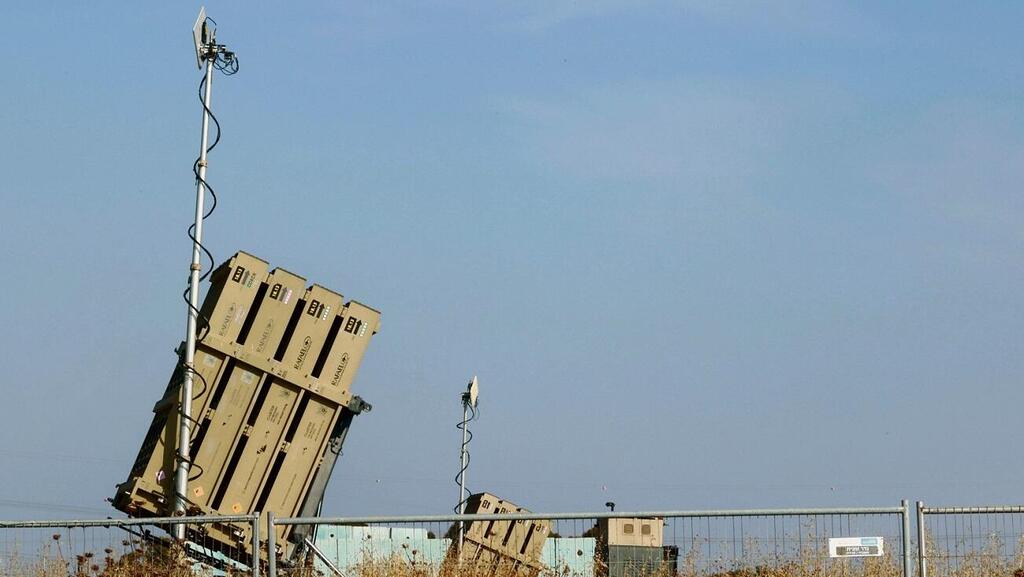One may assume that Israel, which was most probably behind the airstrike in Damascus that killed Gen. Mohammad Reza Zahedi and many of his Iranian Revolutionary Guard Corps Quds Force colleagues, knew the location of this Iranian command facility for a while. If so, the question is: Why did Israel decide to act now, in a way that certainly forces Iran to consider harsh retaliation? This is even more interesting since the attack took place during the final days of the month of Ramadan and a couple of days before Jerusalem (Al-Quds) Day on Friday that brings Iranian hate to Israel and commitment to destroy it to an annual peak.
There might have been a special and irresistible opportunity as many of IRGC team leading the smuggling of arms from Iran to its proxies were in the same place, but it seems that this was not the main reason. Rather it looks as if Israel wanted to convey to the mullahs in Tehran a message of deterrence following two activities carried out by Iran and its proxies that were perceived in Israel as an Iranian attempt to push the envelop with regards to the rules of the game between Iran and Israel a bit too far.
2 View gallery


Israel is said to be behind airstrike in Damascus that killed Gen. Mohammad Reza Zahedi and other IRGC Quds Force officials
(Photo: Reuters / Firas Makdesi)
2 View gallery


Israel protects its citizens using the Iron Dome anti-missile defense force
(Photo: Shaul Golan)
One case was the attempt to smuggle advanced weapons to terrorists in the Palestinian Authority-controlled area in the West Bank that Israel managed to foil, and the other was the launch of an attack drone toward the southern port of Eilat that hit a military base. To deter Iran from further pushing the envelop, Israel had to push it a bit itself and that is perhaps the reason for the kind of strategic target that was chosen and for the timing of the attack.
Israel, in pushing the envelope, has not exactly indicated whether it wishes to open a full-on war with Iran or keep the rules of the game unchanged. Attacks on IRGC high-ranking officers in Syria are not uncommon and happened even recently, so this current attack, though directed against a higher-ranking official in a very sensitive location, is still within the confines of the rules of the game according to which Iran may try to arm its proxies through Syria to enable them to hit Israel, but Israel may use force to thwart these attempts. But Israel is clearly saying to Iran that it is ready also for a wider confrontation if Iran chooses to go there.
 Yossi Kuperwasser
Yossi KuperwasserWhat are the Iranian options? First, it may issue threats and promise to retaliate within the rules by encouraging its' proxies to keep launching attacks against Israel, while they limit the direct Iranian involvement in it and operate in a more secret way. That is what they did several times in the past, and recently they advised the Shiite militias in Iraq to refrain from attacking American bases following the U.S. attack on key operatives of the militias in retaliation to the attack on an American base in Jordan that killed 3 U.S. soldiers. But Iran can also try to hit Israel directly in manners that it has already tried many times, such as attempting to murder Israelis abroad or in Israel. Many other options are possible and clearly Israel has to take the necessary measures to foil them, even if the probability that Iran will employ them is low.
As for the damage to the Iranian effort to encircle Israel with Iranian proxies caused by the elimination of some of the key operatives who are responsible for promoting it, there might be a short-lived harm as the experienced leadership is replaced, but the commitment of Iran to this effort will remain very high.
The author is the director of Israel’s Defense and Security Forum – IDSF-Habithonistim Research Department and a senior researcher at Misgav and the JCPA – Jerusalem Center for Public Affairs. He is the former head of the IDF Intelligence Corps’ Research Division and CEO of the Ministry of Strategic Affairs.

